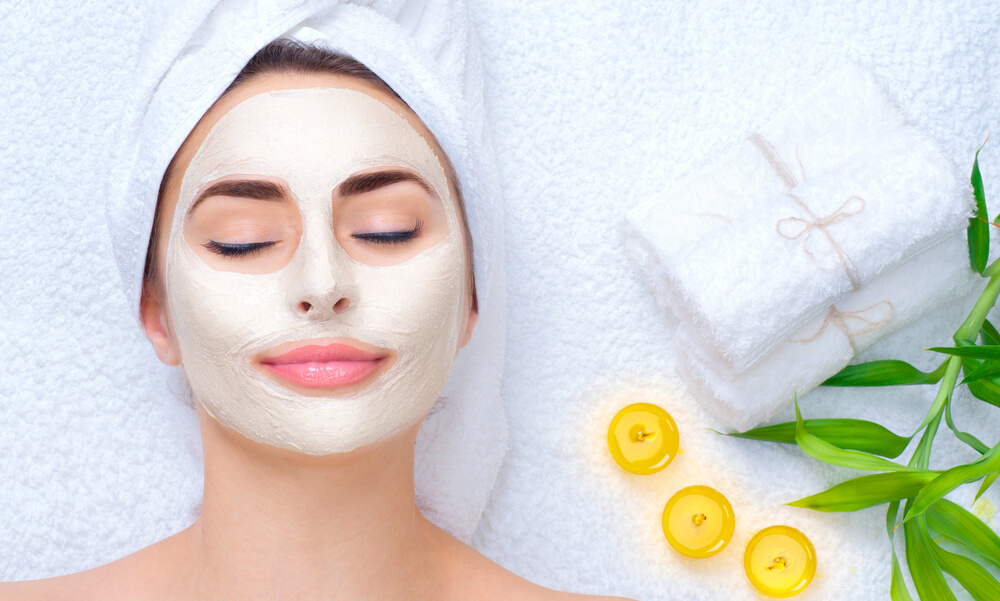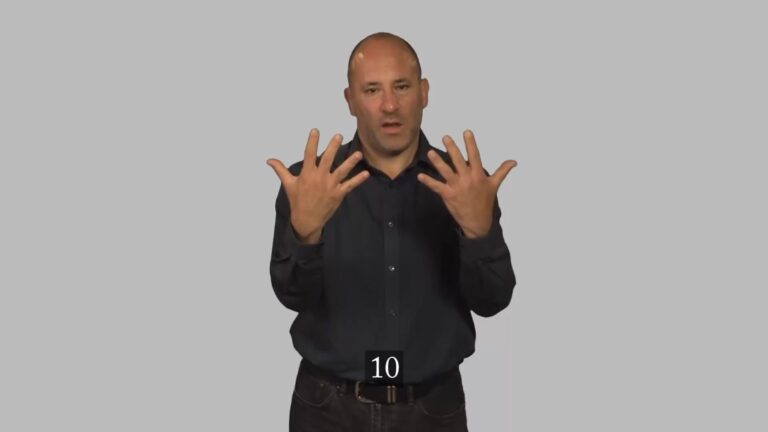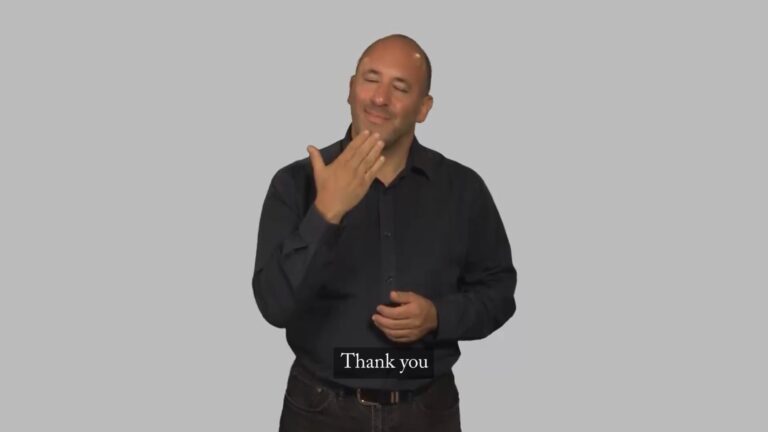Course Curriculum
| Facial Course | |||
| Module 01: Cell Anatomy & Structure | 00:14:00 | ||
| Module 02: Skin Conditions and Types | 00:37:00 | ||
| Module 03: Skin Diseases and Disorders Part 01 | 00:13:00 | ||
| Module 04: Skin Diseases and Disorders Part 02 | 00:37:00 | ||
| Module 05: Bones of the Head, Neck and Chest | 00:10:00 | ||
| Module 06: Blood Circulation of the Head and Neck | 00:12:00 | ||
| Module 07: All About Facial Treatment | 00:12:00 | ||
| Module 08: The Facial Routine | 00:14:00 | ||
| Mock Exam | |||
| Mock Exam – Facial Beauty Certificate Course | 00:20:00 | ||
| Final Exam | |||
| Final Exam – Facial Beauty Certificate Course | 00:20:00 | ||
| Order your Certificates & Transcripts | |||
| Order Certificates & Transcripts / CPD QS | 00:00:00 | ||
Course Reviews
No Reviews found for this course.
Frequently asked questions
Can’t find the anwser you’re looking for ? Reach out to customer support team.
To become a skin facialist, you typically need to complete a cosmetology or esthetician program, which includes training in skincare, facials, and other beauty treatments. After completing your education, you'll need to obtain a license by passing an exam, if required by your region.
A facial course is a specialized training program that teaches the techniques and knowledge needed to perform professional facial treatments. It covers topics like skin analysis, cleansing, exfoliation, mask application, and massage techniques.
In the UK, to become a facialist, you need to complete a recognized qualification in beauty therapy, such as an NVQ/VRQ Level 2 or 3 in Beauty Therapy. You may also need additional specific training for advanced treatments.
The best qualification for beauty can vary based on your career goals, but commonly recognized ones include NVQ/VRQ Level 2 and 3 in Beauty Therapy, CIDESCO, CIBTAC, and ITEC diplomas.
A qualified beauty therapist is someone who has completed formal training and obtained certifications in various beauty treatments, including skincare, facial treatments, body treatments, and sometimes hair removal and makeup.
A professional facial typically involves several steps: cleansing the skin, analyzing skin type, exfoliating, extracting impurities if needed, massaging the face, applying a mask, and then moisturizing. Each step is tailored to the client's skin type and condition.
A facial therapist, also known as an esthetician, specializes in skincare treatments, particularly facials. They assess skin conditions, recommend treatments, and perform facials to improve skin health and appearance.
Facial cosmetology refers to the study and application of beauty treatments to the face. It includes various facial treatments, skincare routines, and the use of cosmetics to enhance facial aesthetics.
A Level 4 skin qualification in the UK is an advanced course for beauty therapists. It covers more complex aspects of skincare, such as laser and light treatments, advanced skin assessment, and management of skin conditions.
An aesthetician facialist is a skincare specialist who performs a range of treatments to maintain and improve the health and appearance of the skin, including facials, chemical peels, and other non-surgical procedures.
Yes, skincare can be a rewarding career, offering opportunities to help people improve their skin health and confidence. It can include roles in spas, clinics, product development, and self-employment.
The 7 common steps of a facial include cleansing, exfoliation, steaming, extraction, massage, mask application, and moisturizing and applying sunscreen.
A luxury facial often includes all the standard steps of a facial but with high-end, premium products, additional treatments like serums or ampoules, and possibly technologies like LED light therapy or microcurrents for enhanced results.
The 5 basic steps include cleansing, exfoliating, extracting (if needed), massaging, and applying a mask and moisturizer.
The best type of facial depends on the individual's skin type and concerns. Hydrating facials are great for dry skin, clarifying or deep-cleansing for oily and acne-prone skin, and anti-aging facials for mature skin.
The four main types of facial skin are normal, oily, dry, and combination. Each type has its specific characteristics and requires different care routines.
A dermatologist is the medical specialist best suited for skin issues. They diagnose and treat a wide range of skin conditions and can provide advanced care for skin health.





 LOGIN/Sign up
LOGIN/Sign up









